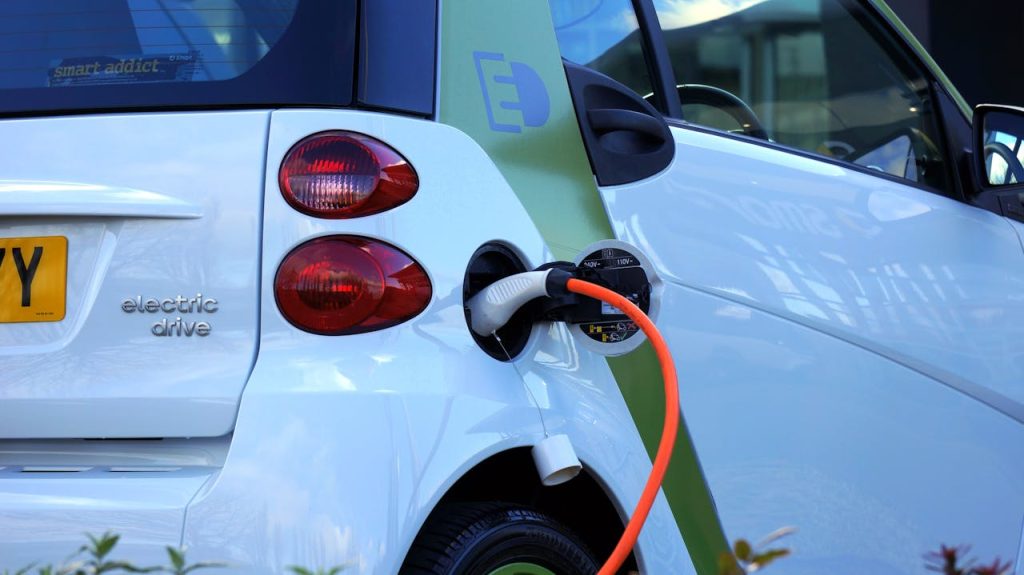As well as a mechanism for collecting revenue, the tax system is also used to encourage certain behaviours and discourage others. Once example where this is evident is in the way in which company cars are taxed. To encourage company car drivers and their employers to make environmentally-friendly choices, the taxable amount increases as the car’s CO2 emissions increase. The financial incentive to opt for an electric or ultra-low emission car is significant – a higher rate taxpayer will pay tax of just £240 on an electric company car costing £30,000, while the tax hit on a car with the same list price but emissions of 160g/km or more is £4,440.
Tax advantages of electric cars
The tax system confers a number of tax advantages on electric and ultra-low emission cars.
For 2022/23, 2023/24 and 2024/25 electric cars are taxed on 2% of their list price. The charge for ultra-low emission cars depends on their electric range, with the charge for cars in the 1—50g/km emissions bracket ranging from 2% for those with an electric range of at least 130 miles to 14% for those with an electric range of less than 30 miles. At the other end of the scale, the charge for petrol cars with CO2 emissions of 160g/km and above is 37% of the list price.
Employers can also pay for the electricity for private mileage in an electric company car without the employee suffering a fuel benefit charge as HMRC do not regard electricity as a ‘fuel’ for these purposes. By contrast, if fuel is provided for private mileage in a petrol or diesel company car, a fuel benefit charge arises, found by multiply the appropriate percentage for the car’s CO2 emissions by the multiplier for the year. As this is set at £25,300 for 2022/23, rising to £27,800 for 2023/24, the potential savings of going electric are again significant.
Employees using their own electric car for work can also benefit, as if their employer has workplace charging facilities, they can charge their car at work without any tax consequences.
Employers too benefit from choosing electric cars for their car fleet as they are able to claim a 100% first-year capital allowance if they purchase electric cars. A first-year allowance of 100% is also available for electric charge points until 31 March 2023 (corporation tax) and 5 April 2023 (income tax). Companies can also benefit from the 130% super-deduction on charging points where the expenditure is incurred before 1 April 2023.
Electric cars are exempt from vehicle excise duty until April 2025.
Looking ahead
In the 2022 Autumn Statement, the Chancellor announced that some of the tax advantages for electric cars are to be reduced. The OBR estimate that by 2025 at least half of new cars will be electric; consequently, there is less need for tax incentives (while the Government will still need to preserve their revenue stream).
From April 2025, the appropriate percentage for electric cars and ultra-low company cars is to be increased, rising by one percentage point for each of the tax years, 2025/26, 2026/27 and 2027/28. This means that electric cars will be taxed on 3% of their list price in 2025/26, on 4% of their list price for 2026/27 and on 5% of their list price for 2027/28. Despite the increases, an electric company car remains a tax efficient benefit – assuming the higher rate remains at 40% in 2027/28, the tax bill for a £30,000 electric car will still only be £600.
Partner note: ITEPA 2003, ss. 139; 150; CAA 2001, ss. 45DA, 45EA; VERA 1994, Sch. 2.
>

